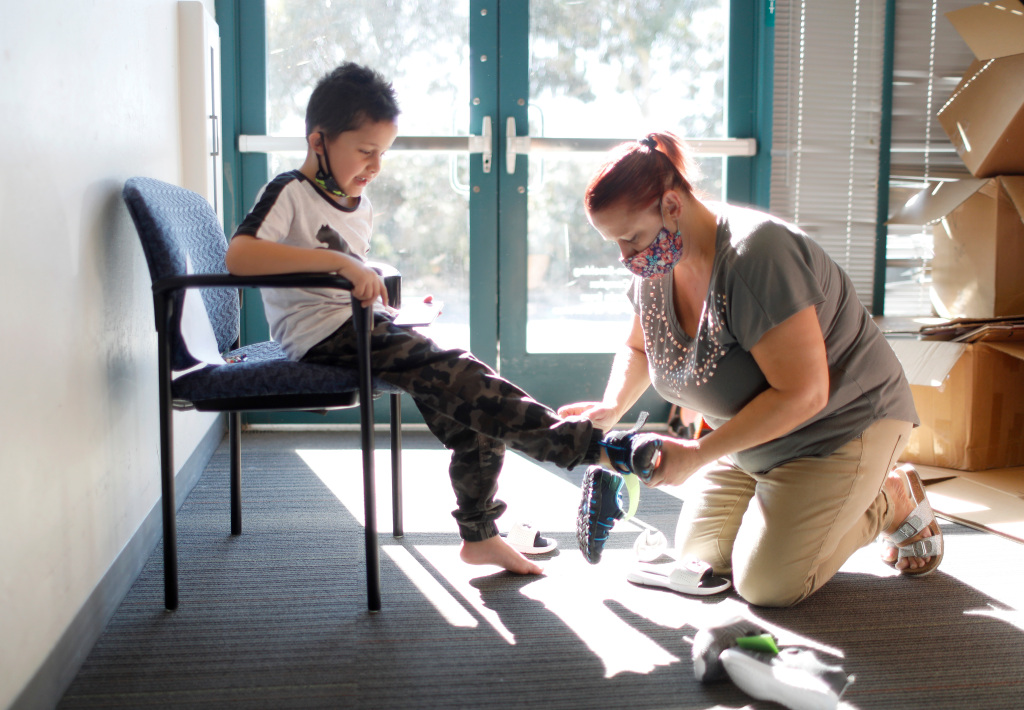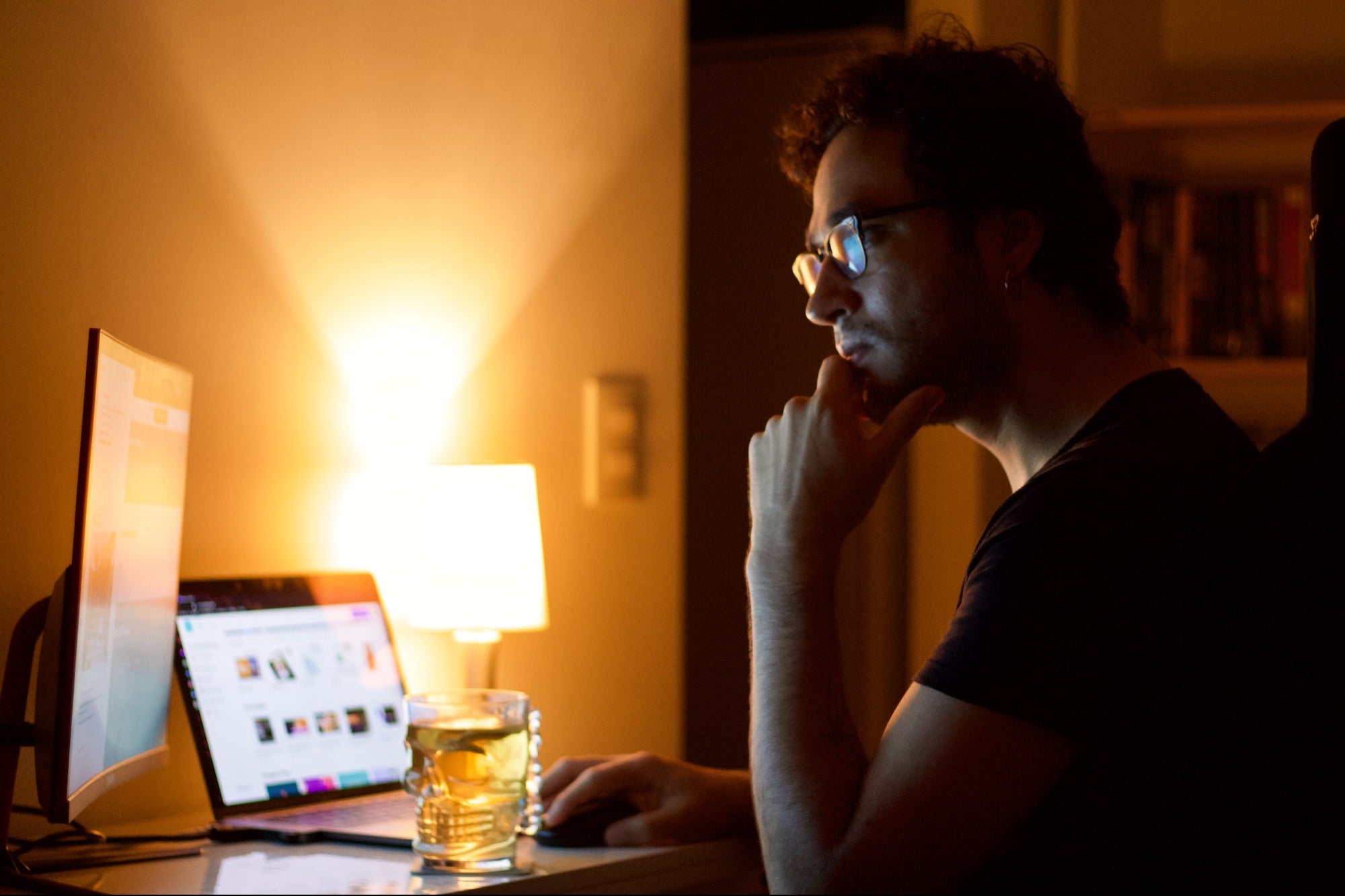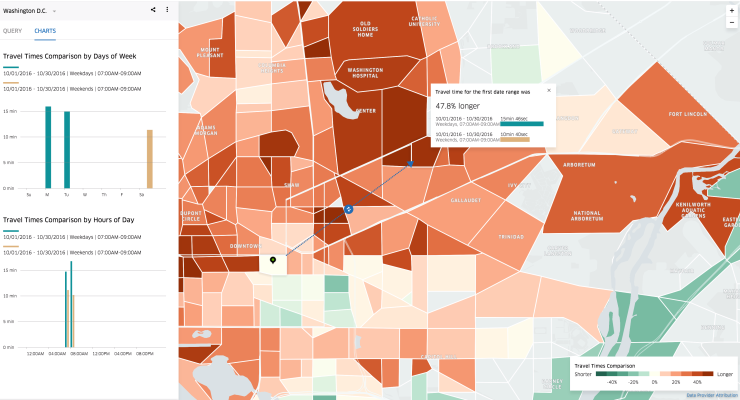For more than a decade, the Redwood City nonprofit My New Red Shoes has provided shoes and clothes to struggling families, boosting the self-esteem of kids who are homeless or in other unstable situations and ensuring parents don’t have to worry about one more expense in the ever-pricier Bay Area.
But as the coronavirus pandemic took hold this spring, the agency realized it needed to make a pivot, and fast. Many of the clients it helps lost their jobs or saw their paychecks shrink as restaurants cut back hours and fewer people called for Uber rides. Others were front-line workers who stayed on the job, which meant they not only faced a heightened risk of contracting the virus but also had to pay rising child care costs because schools were closed to in-person learning.
“The same families that were struggling are now being pushed further to the brink,” said Minh Ngo, My New Red Shoes’ executive director. “It has literally come down to, ‘Do I pay rent or do I pay electricity? Can I get food or can I get diapers?’ ”
Ngo’s organization knew the best way it could help was the simplest — cash. Starting in late March, My New Red Shoes began offering clients direct grants of $500 to $1,000 to help with their expenses. By October, My New Red Shoes had distributed $39,000 in grants.
Now it wants to do more: The organization is seeking $25,000 through Wish Book to pay for more cash grants, in addition to the new clothes and shoes it has long provided.
A one-time grant of up to $1,000 may seem small in an area where plenty of people spend multiples of that amount each month on their rent or mortgage. But the money can be crucial in making up for lost income or helping families pay for unexpected expenses, Ngo said.
Naomi Robinson is one of those who has benefited from the new grants. A single mother who before the pandemic was working as a truck driver hauling asphalt, dirt and rock at Bay Area construction sites, Robinson had previously received shoes and clothes from My New Red Shoes.
But the pandemic has made things even tougher. When California locked down in March, Robinson and her 7-year-old son Robert were visiting her adult daughter in Fresno. They sheltered in place there for a few weeks and in the meantime lost the single bedroom in another family’s San Jose house where the two of them had been living.
Robinson hasn’t gone back to work since the pandemic began, and until Robert’s elementary school reopens, she needs to be home to help him with online learning. For now they’re getting by on unemployment benefits and sleeping some of the time in the living room of that San Jose friend’s house and other times going to stay with family and friends in Fresno.
“We’re just basically tumbling in the wind,” Robinson said, “tumbling and tumbling until I can get a foot up and get into a place of our own.”
Even as some aspects of normal life have started to resume, Ngo said the pandemic’s impact on low-income families hasn’t eased.
“They are still hurting,” Ngo said.
She said My New Red Shoes took inspiration for the idea of cash grants from the world of disaster relief, since that’s what the coronavirus pandemic is.
Still, convincing donors to fund direct cash grants like the one Robinson received can be tricky. Philanthropic organizations often have a harder time raising money for those grants compared to more restricted kinds of help, Ngo said. Wary donors, the thinking goes, suspect that if people just receive cash they might not spend it responsibly.
It’s a view that is rooted in bias against the poor, Ngo said. Research shows people who are struggling to get by are very responsible with how they spend money, she said, “because they have to be.”
Robinson said she didn’t have an exact plan in mind for the money when she got it but expected it would go to the “little things” that are always popping up, like maintenance or insurance for her car.
Robinson is unsure about going back to work and sending Robert back to school while the pandemic is raging. When Ngo offered her a grant, Robinson said, “A tremendous weight was off of my shoulders, and I was able to breathe again.”
She picked up the money on a recent visit to the My New Red Shoes warehouse, where she also got some new shoes, sweatpants and shorts for Robert, who had fun making silly faces that showed off the gap from a newly lost front tooth.
One day, Robinson hopes to have a house of her own, somewhere with a spare bedroom for her daughters or grandkids or friends. “A place where you can come back home,” she said.
But first, she’s hoping she can safely go back to work before too long and find a more stable living situation for her and Robert. The help from My New Red Shoes won’t accomplish all of that, of course, but Robinson said it’s the kind of thing that helps keep her on track.
“When you feel down, you just don’t think there’s anybody else around that can help you,” she said. “This program reminds me that I can do it.”
THE WISH BOOK SERIES
Wish Book is an annual project of The Mercury News that invites readers to help their neighbors.
WISHDonations will help My New Red Shoes provide new shoes, clothing and $500 to $1,000 grants to 25 or more children and struggling families in San Mateo and Santa Clara counties who are experiencing hardship. Goal: $25,000
HOW TO GIVEDonate at wishbook.mercurynews.com or mail in the coupon.
ONLINE EXTRARead other Wish Book stories, view photos and video at wishbook.mercurynews.com










